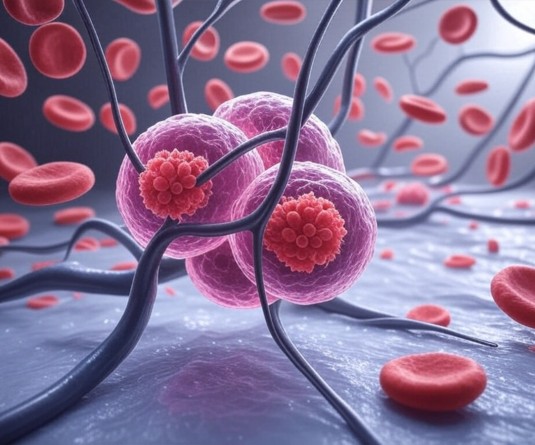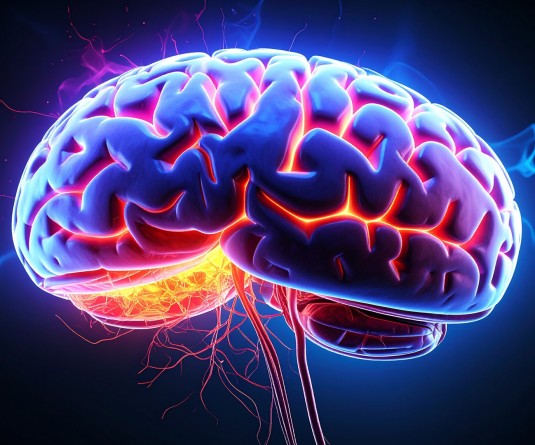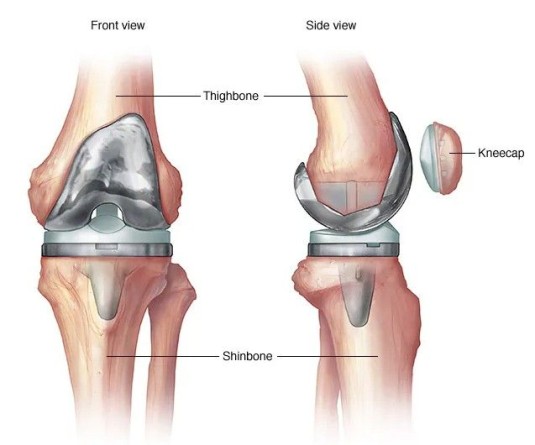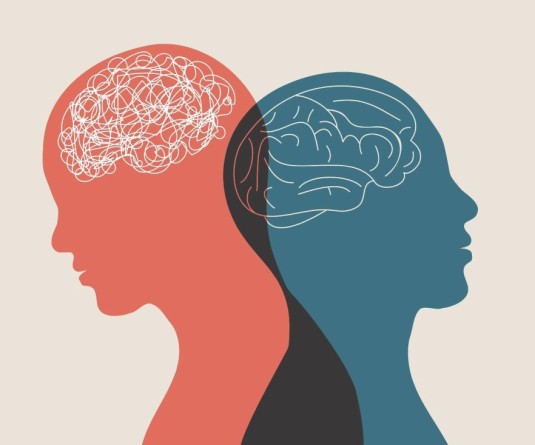COVID-19 impacting major organs; young, middle-aged dying of stroke

New Delhi, April 28 (IANS) Doctors in the US have sounded alarm about people in their 30s and 40s dying of stroke because of coronavirus.
The Washington Post reported that young and middle-aged people, barely sick with COVID-19, are dying of strokes.
The report said doctors sound an alarm about patients in their 30s and 40s left debilitated or dead. Some didn't even know they were infected.
The report said that there has been a stroke surge and reports of strokes in the young and middle-aged in other hospitals in communities hit hard by the novel coronavirus -- are the latest twist in the evolving understanding of the disease it causes.
The numbers of those affected are small but nonetheless remarkable because they challenge how doctors understand the virus, the report said.
"Once thought to be a pathogen that primarily attacks the lungs, it has turned out to be a much more formidable foe -- impacting nearly every major organ system in the body," the report said.
Until recently, there was little hard data on strokes and COVID-19. There was one report out of Wuhan, China, that showed that some hospitalized patients had experienced strokes, with many being seriously ill and elderly. But the linkage was considered more of "a clinical hunch by a lot of really smart people," said Sherry H-Y Chou, a University of Pittsburgh Medical Centre neurologist and critical care doctor.
Now for the first time, three large US medical centres are preparing to publish data on the stroke phenomenon. There are only a few dozen cases per location, but they provide new insights into what the virus does to our bodies, Washington Post said.
A stroke, which is a sudden interruption of the blood supply, is a complex problem with numerous causes and presentations. It can be caused by heart problems, clogged arteries due to cholesterol, even substance abuse. Mini-strokes often don't cause permanent damage and can resolve on their own within 24 hours. But bigger ones can be catastrophic.
The analyses suggest coronavirus patients are mostly experiencing the deadliest type of stroke. Known as large vessel occlusions, or LVOs, they can obliterate large parts of the brain responsible for movement, speech and decision-making in one blow because they are in the main blood-supplying arteries.
Many researchers suspect strokes in COVID-19 patients may be a direct consequence of blood problems that are producing clots all over some people's bodies.
Clots that form on vessel walls fly upward. One that started in the calves might migrate to the lungs, causing a blockage called a pulmonary embolism that arrests breathing -- a known cause of death in COVID-19 patients. Clots in or near the heart might lead to a heart attack, another common cause of death. Anything above that would probably go to the brain, leading to a stroke.
The report said that many doctors expressed worry that as the New York City Fire Department was picking up four times as many people who died at home as normal during the peak of infection that some of the dead had suffered sudden strokes. The truth may never be known because few autopsies were conducted.
Chou said one question is whether the clotting is because of a direct attack on the blood vessels, or a "friendly-fire problem" caused by the patient's immune response.
"In your body's attempt to fight off the virus, does the immune response end up hurting your brain?" she asked. Chou is hoping to answer such questions through a review of strokes and other neurological complications in thousands of COVID-19 patients treated at 68 medical centres in 17 countries.






